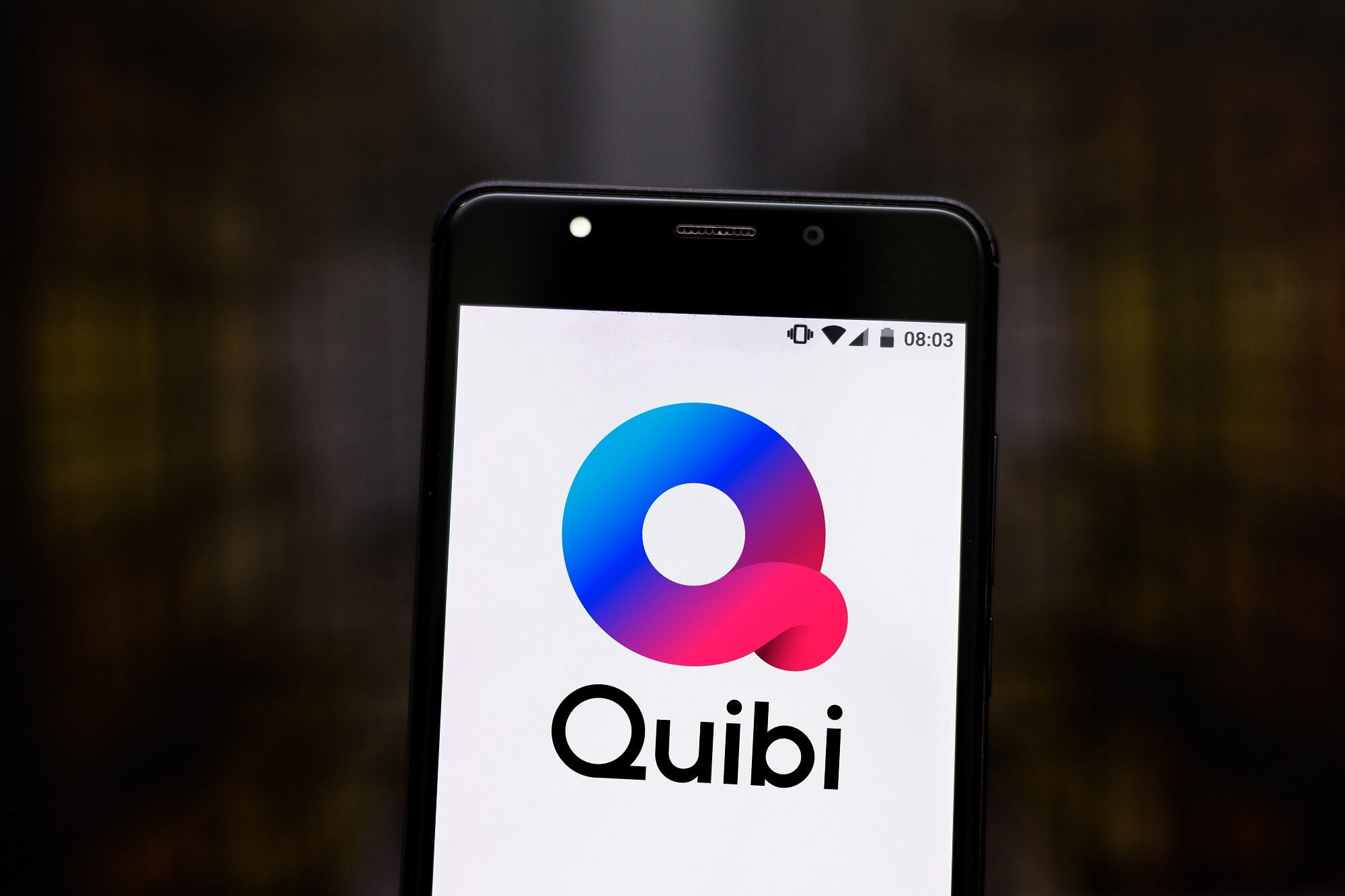
Report: Quibi advertisers look to defer payments following disappointing launch
Is the short-form content failing to grab our attention?
by Rob ThubronIn a nutshell: Quibi, the mobile-focused streaming service featuring short-form content, is reportedly in trouble just a month after launch. According to a new report, many of its major advertisers are looking to defer payments as the company seeks to implement cost-cutting measures.
If you’re unfamiliar with Quibi, it’s a $4.99 per month subscription-based streaming platform packed with scripted and unscripted content that runs from around seven to ten minutes. It managed to attract plenty of big-name stars for its launch slate, including Jennifer Lopez, Kevin Hart, Chrissy Teigen, Anna Kendrick, Will Arnett, Liam Hemsworth, and Christopher Waltz.
Quibi, which is a combination of the words “quick” and “bites,” was founded by Hollywood mogul Jeffrey Katzenberg and managed to raise $1.75 billion from investors. But it hasn’t proved to be an instant hit.
According to the Wall Street Journal, advertisers such as PepsiCo, Yum Brands, and Walmart are concerned about the low viewership numbers and the impact of Covid-19.
Part of the agreement with advertisers is that Quibi will deliver a set number of ad views over an agreed period. With viewer numbers lower than expected, there are concerns it won’t be able to meet those guarantees and will need more time to make up for the shortfall. Some advertisers want their payments spread out over longer periods.
The WSJ’s sources say 1.5 million people have signed up to Quibi’s free 90-day trial, and the app has been installed 4.2 million times. The company is targeting seven million paying subscribers in its first year and wants 16 million within three years.
While the pandemic has seen other streaming services such as Netflix and Amazon increase their subscriber numbers, it’s hampered Quibi’s efforts. Production of new shows is mostly shut down in Hollywood, and the service’s short-format content is designed to be watched while commuting and on work breaks, which few people have experienced over the last couple of months.
The Journal writes that Quibi executives are also blaming the poor launch on an over-reliance on scripted programming, a pool of inactive users, and lower-than-hoped enthusiasm from some viewers.
With so many streaming services out there, standing out from the pack isn’t an easy task, and it’s something Quibi is failing to do.
Image credit: rafapress via Shutterstock